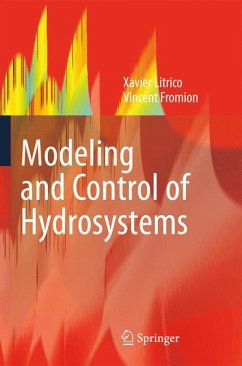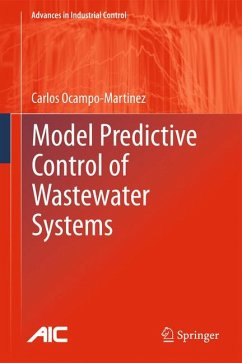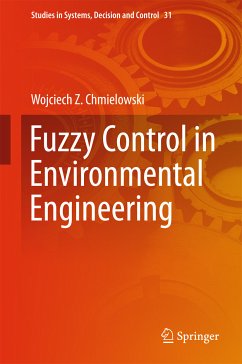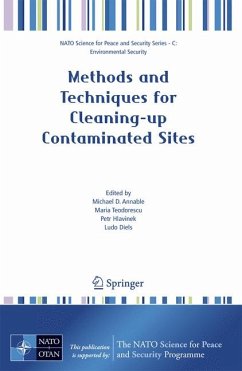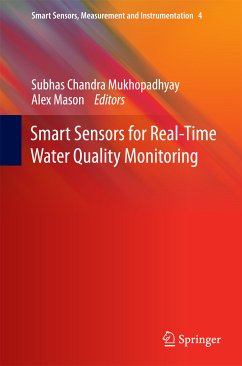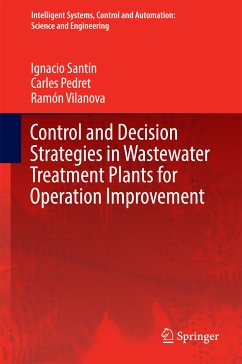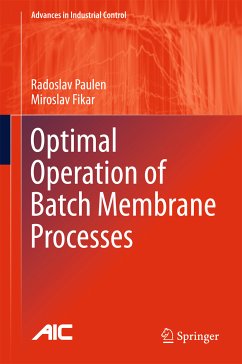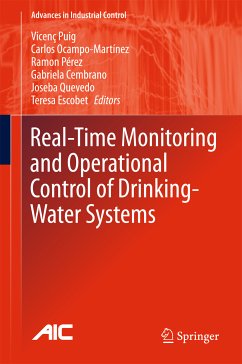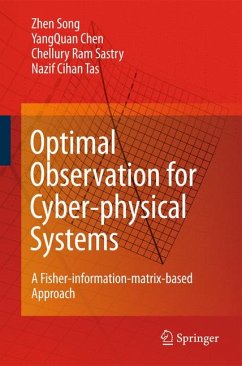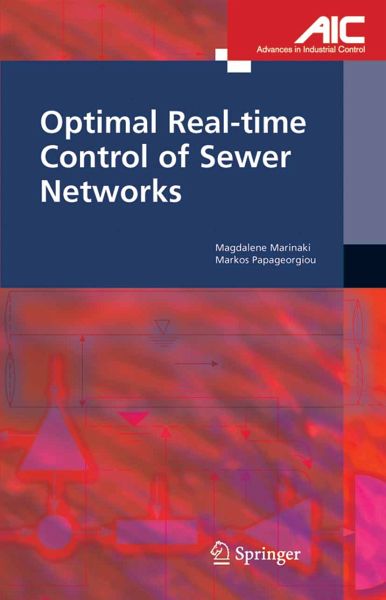
Optimal Real-time Control of Sewer Networks (eBook, PDF)
Versandkostenfrei!
Sofort per Download lieferbar
72,95 €
inkl. MwSt.
Weitere Ausgaben:

PAYBACK Punkte
36 °P sammeln!
A sine qua non of control system development for modern sewer networks is the preservation of the water system around a network's outflow(s). Several approaches have been proposed for the optimisation of sewage control and Optimal Real-time Control of Sewer Networks provides a comparative synthesis of a central sewer network flow control based on two of these: nonlinear-optimal and multivariable-feedback control.Testing and comparison of these protocols are made on the basis of their control results for the large-scale sewer network located around the river Obere Iller in Bavaria. The control ...
A sine qua non of control system development for modern sewer networks is the preservation of the water system around a network's outflow(s). Several approaches have been proposed for the optimisation of sewage control and Optimal Real-time Control of Sewer Networks provides a comparative synthesis of a central sewer network flow control based on two of these: nonlinear-optimal and multivariable-feedback control.
Testing and comparison of these protocols are made on the basis of their control results for the large-scale sewer network located around the river Obere Iller in Bavaria. The control strategies implemented within this network are based on this study.
From the selection of possible methods of control and moving to the implementation of those methods in a real sewer system, this monograph will be invaluable to control and civil engineers working in sewage flow and wastewater treatment and of interest to academics wishing to see how their ideas on optimal control work out when practically applied.
Testing and comparison of these protocols are made on the basis of their control results for the large-scale sewer network located around the river Obere Iller in Bavaria. The control strategies implemented within this network are based on this study.
From the selection of possible methods of control and moving to the implementation of those methods in a real sewer system, this monograph will be invaluable to control and civil engineers working in sewage flow and wastewater treatment and of interest to academics wishing to see how their ideas on optimal control work out when practically applied.
Dieser Download kann aus rechtlichen Gründen nur mit Rechnungsadresse in A, B, BG, CY, CZ, D, DK, EW, E, FIN, F, GR, HR, H, IRL, I, LT, L, LR, M, NL, PL, P, R, S, SLO, SK ausgeliefert werden.




